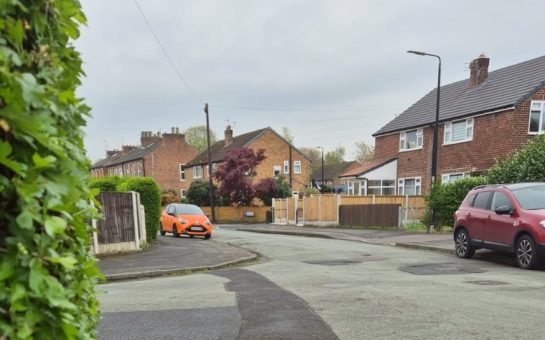Stark realism coupled with fantastical optimism are the messages that are currently emanating from the Football Association’s top figure.
The Chairman of the FA, Greg Dyke, addressed the media on Wednesday and played down England’s hopes of winning next year’s World Cup – a sensible move.
However, Dyke then proceeded to claim that England’s target is to win the 2022 World Cup in Qatar – a feat that is, at best, wildly optimistic.
Dyke blasted the amount of foreign players in the Premier League and made the point that it is limiting the chances of English players.
His points were valid but they felt more like a repetition of the rhetoric we have heard emanating from the FA before rather than the embers of a new era.
There is indeed a problem when you consider only 32% of players in the starting line-ups of top-tier English football clubs are English – a figure that stood at 69% in the 1992-1993 season.
However, the prospect of Dyke combating the problem and England bringing home the 2022 World Cup remains an idealistic dream that is far enough away that Dyke has nine years to hide behind systemic mediocrity.
Consider the Manchester City starting 11 that beat Hull City 2-0 in last weekend’s league game – only two players (Joe Hart and Joleon Lescott) were English, with James Milner being the sole representative on the bench.
In this year’s transfer market, Dyke revealed that £490million of the £630million spent by Premier League clubs was on foreign players.
Of this amount, City have broken the £100million mark on stellar purchases such as Jesus Navas and Alvaro Negredo from La Liga side Sevilla.
United have been less active but can still count £27million worth of shopping money on Marouane Fellaini to their name – another non-English player.
The problem is not just at the top-level of Premier League clubs; many players from academies are given no chance to break into the first teams and consequently get loaned out to lower league clubs.
Manchester United starlet Nick Powell, for instance, made a recent loan move to Wigan Athletic after making a name for himself at Crewe Alexandra.
It is true, that there are some more positive stories – Raheem Stirling is a key first team player for Liverpool, so is Andros Townsend at Tottenham, and Jordan Ibe, 17, has also tasted first-team action at Liverpool.
At national level there is a call-up for exciting Everton youngster Ross Barkley, 19, and Cardiff defender Stephen Caulker, 21.
Generally though, there is a lack of English players breaking through the ranks of Premier League clubs at a young age – an obvious problem for the national team as it means our youngsters are not getting the same taste of high-level football as in Spain and Germany.
In Spain, players such as Bayern Munich midfielder Javi Martinez, 25, rose through the ranks at Athletic Bilbao. Manchester United target Ander Herrera, 24, and Barcelona left-back Jordi Alba, 24, who started his career at Valencia, have all rose through the ranks and ended up playing at top clubs and, with the exception of Herrera, the national team.
It is the same story in Germany. Thomas Müller, 23, is already a mainstay at European champions Bayern Munich and the German national team. Add to this the exemplary talents of players like Mesut Ozil, 24, Toni Kroos, 24, and André Schürrle, 23, and England’s 2022 ambitions seem laughable.
Dyke’s ambitious targets come at a time when confidence in the national side is at an extreme low.
It is 47 years since England won the World Cup and, since 1990, they have failed to go beyond the quarter final stage of the competition.
For perhaps the first time 20 years expectations surrounding the England team are at a realistic level. However, Dyke’s comments now add an air of unneeded expectation for the next decade of national football.
Whilst it is good to be ambitious, it is much better to be realistic – and making comments bemoaning the lack of English players in the Premier League, and then expecting glory is a little too contradictory.
Dyke would be much better putting some of his new plans into measure, such as the setting up of an FA Commission to look at why so few English players are in the starting 11’s of Premier League clubs, and exploring the idea of a quota system for foreign players.
Only when these fundamental problems with English football are addressed can England be serious about competing for international and European silverware.
Image courtesy of Sporting History via Youtube, with thanks
For more on this story and many others, follow Mancunian Matters on Twitter and Facebook.



